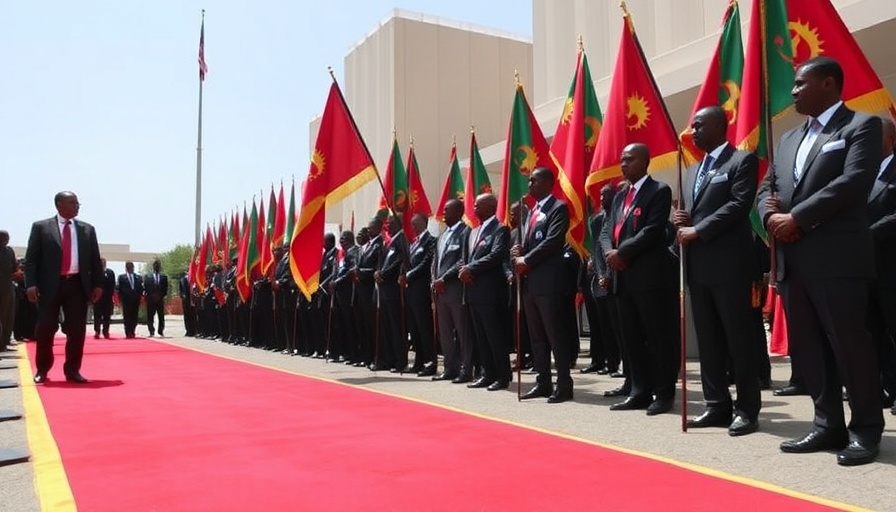
Your Rights as African Political Leaders: A Deeply Concerning Incident
On March 13, 2025, African opposition leaders, including Tanzanian Tundu Lissu and Mozambican Venâncio Mondlane, faced a severe diplomatic embarrassment when they were denied entry into Angola prior to an important anniversary celebration of the opposition party UNITA. Their unexpected detainment at Luanda airport underscores longstanding concerns regarding diplomatic relations and governance within Africa, as well as the implications such incidents can have on trade and political cooperation across the continent.
A Breach of Diplomatic Norms?
The nature of the decisions taken by Angolan immigration authorities raises essential questions about the governance frameworks within African nations. Tundu Lissu argued that this denial of entry violated his rights—especially significant since citizens from Tanzania and Mozambique do not require visas to enter Angola. Such actions raise alarm bells regarding the treatment of political figures from neighboring countries, suggesting a brazen disregard for diplomatic norms that govern intra-African relations.
Impact on Regional Political Dynamics
This event is more than just a procedural mishap; it represents potential strategic maneuvering by Angola's ruling party, MPLA, to undermine the opposition during a critical anniversary gathering. Such interference in political gatherings raises concerns about the political stability of the region and can attract foreign observers and investors’ attention, particularly in matters that affect governance and economic growth in the bloc.
The Repercussions of Non-Participation on Global Trade Relations
As Africa seeks to establish a stronger voice in global trade and gain clout in forums such as BRICS, episodes like this may hinder efforts to build an inclusive political environment. Leaders like Ian Seretse Khama and Andrés Pastrana were also among those affected, further indicating how interconnected political narratives can impact foreign relations and trade agreements, highlighting the fragility of Africa's diplomatic ties.
Conclusion: Uniting for Action
Such incidents should galvanize African leaders to advocate for diplomatic respect and cooperation while considering aligning policies that support freedom of movement within the continent. As observers of Africa’s political landscape, it becomes imperative to reflect on how diplomatic decisions reverberate, influencing economic prospects and regional stability.
We urge policymakers and business leaders to delve deep into the nuances of African governance trends and foster discussions that promote transparency and accountability. Understanding the intricacies involved is essential to navigate the evolving landscape of African politics and its implications for global trade.
 Add Row
Add Row  Add
Add 


 Add Row
Add Row  Add
Add 

Write A Comment